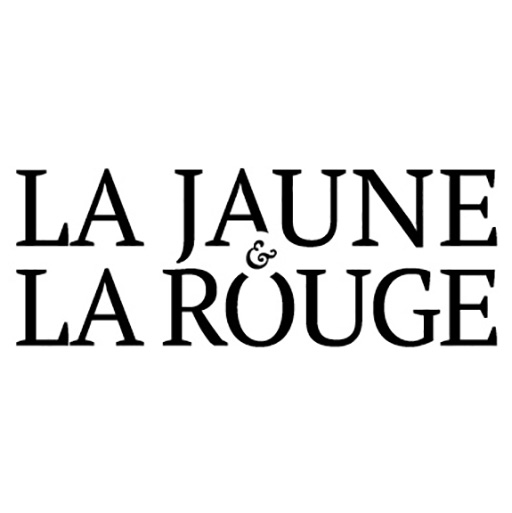ESA : “Competition is a driver, cooperation is an enabler”

Johann-Dietrich ‘Jan’ Wörner, the ESA Director General, tells us more about the space industry, the place of Europe and the main challenges facing the sector.
In the past years, the space industry has undergone several evolutions and disruptions. According to you, what are the main aspects that can be remembered here ?
In general terms commercialisation is the key aspect. The development in this direction is very strong in the US, but one can see it in Europe as well. The market situation in Europe is not comparable to the US, therefore it needs special activities to develop a mature space industrial landscape. ESA is supporting therefore startups with our Business Incubation Centers and has special tools to get SMEs into business. More and more the downstream is becoming important, the space and the non-space actors are cooperating. With the Downstream Gateway ESA established a special instrument for these activities.
We also witness a reinforced international competition with the arrival of new private actors. In this landscape, what is the place of Europe ?
Competition is a driver, cooperation is an enabler. Based on this motto, ESA is supporting competition but at the same time the overall structure of ESA with 22 Member States is based on cooperation. ESA is also building many programmes in cooperation with most of the space agencies in the world. Europe has a broad variety of private actors and ESA supports the commercialisation by several means, e.g. public private partnerships. New Space is understood as a way forward to cost reduction, commercialisation, agility, flexibility and innovation. In this understanding ESA is working in different roles : as an R&D agency, as a partner, as a customer and as a broker. Only by using the different roles at the same time, we can satisfy the needs.
And we support the strengthening of European industry so that it can better compete with private actors on the international market.
Actually, what are the main topics that you are working on ?
ESA’s programmatic setup is defined in 4 pillars :
- science and exploration ;
- safety, security and sustainability ;
- applications ;
- enabling and support.
In each and every pillar there are programmes to shape the future, from Mars Sample Return to Artificial Intelligence for Earth Observation and Space Safety.
What are the main challenges you are facing ?
The worldwide development is very fast and the global competition is fierce. Digital transformation is a must and the specific challenges of the Corona Crisis have to be tackled. As mentioned above the commercialisation is one key aspect and needs to be accelerated as well.
En Bref
The European Space Agency (ESA) is Europe’s gateway to space. Its mission is to shape the development of Europe’s space capability and ensure that investment in space continues to deliver benefits to the citizens of Europe and the world. ESA is an international organisation with 22 Member States. By coordinating the financial and intellectual resources of its members, it can undertake programmes and activities far beyond the scope of any single European country. In 2020, the budget of ESA was 6.7 billion of euros.




